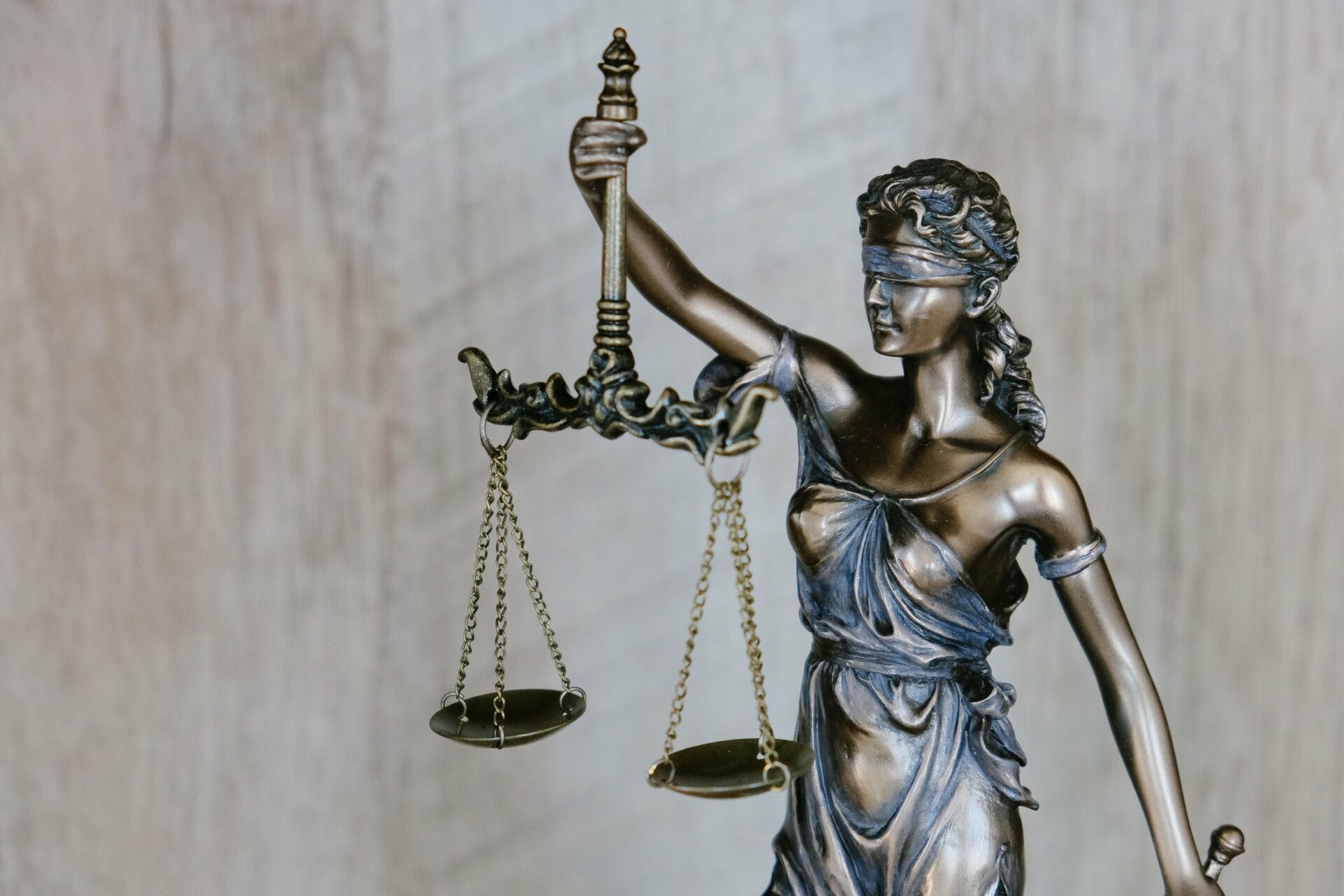Posted on May 8, 2024
Unveiling the Secrets of the Criminal Justice System: A Closer Look at Due Process and Fair Trials

Image Source: Google
When it comes to the criminal justice system, due process and fair trials are fundamental principles that ensure justice is served. These concepts form the cornerstone of a fair and impartial legal system, where the rights of both the accused and the victims are protected. In this article, we will dive deeper into the secrets of the criminal justice system, shedding light on the intricacies of due process and fair trials.
The Importance of Due Process
Due process is a vital component of the criminal justice system that guarantees the protection of individual rights and ensures that justice is served fairly. It serves as a safeguard against arbitrary denial of life, liberty, or property by the government.
Key Elements of Due Process
- Notice: The accused must be informed of the charges against them and the legal proceedings that will follow.
- Opportunity to be Heard: The accused has the right to present their case and defend themselves against the allegations.
- Impartial Decision-Maker: The case must be heard and decided by an impartial judge or jury.
- Presumption of Innocence: The accused is presumed innocent until proven guilty beyond a reasonable doubt.
- Right to Counsel: The accused has the right to legal representation during the proceedings.
Ensuring Due Process in Practice
While due process is a fundamental right, ensuring its implementation in practice can be challenging. It requires adherence to procedural rules and safeguards to protect the rights of the accused. Some ways to guarantee due process include:
- Providing adequate legal representation for the accused, including access to counsel.
- Conducting fair and transparent legal proceedings that allow for a full and impartial hearing of the case.
- Respecting the rights of the accused, such as the right to remain silent and the right to a speedy trial.
- Applying the law consistently and ensuring that all individuals are treated equally under the law.
The Significance of Fair Trials
Fair trials are essential for upholding the principles of justice and ensuring that the guilty are punished while the innocent are protected. Fair trials not only protect the rights of the accused but also contribute to public trust and confidence in the legal system.
Elements of a Fair Trial
- Impartial Tribunal: The case must be heard by an impartial judge or jury that is free from bias or prejudice.
- Public Trial: The trial should be open to the public to ensure transparency and accountability.
- Right to Confront Witnesses: The accused has the right to cross-examine witnesses presented against them.
- Presumption of Innocence: The burden of proof lies with the prosecution, and the accused is presumed innocent until proven guilty.
- Right to Appeal: The accused has the right to appeal the verdict or sentence if they believe a legal error was made.
Ensuring Fair Trials in Practice
While fair trials are a cornerstone of the criminal justice system, ensuring their implementation in practice requires diligence and adherence to legal standards. Some ways to ensure fair trials include:
- Allowing for the presentation of evidence and witnesses by both the prosecution and defense.
- Ensuring that the accused is informed of their rights and the charges against them in a language they understand.
- Preventing any undue influence or coercion that may lead to a miscarriage of justice.
- Protecting the anonymity of jurors to prevent intimidation or bias.
Conclusion
Due process and fair trials are not just legal concepts but essential safeguards that protect the rights of individuals and ensure that justice is served fairly. By upholding these principles, the criminal justice system can maintain public trust and confidence, ultimately leading to a more just and equitable society.
